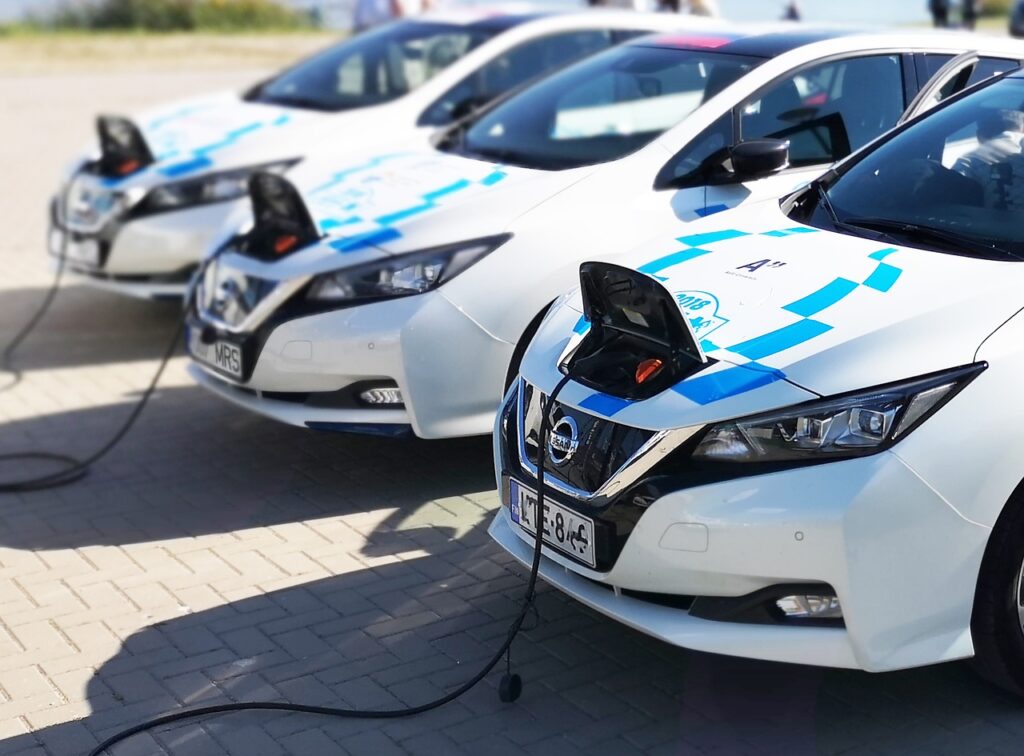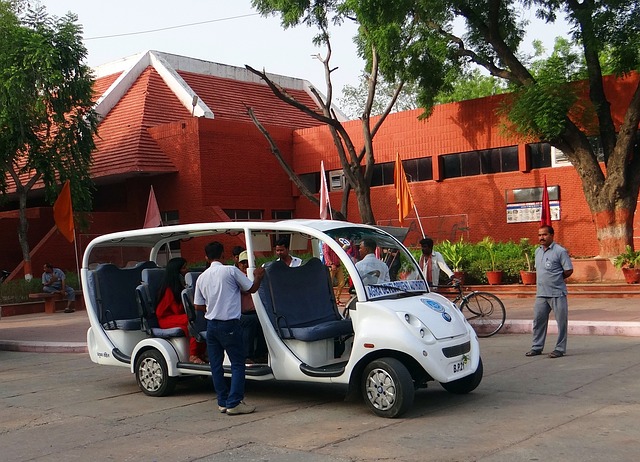Electric vehicles (EVs) are revolutionizing transportation worldwide, and India is no exception. As the country seeks to reduce its carbon footprint and promote sustainable practices, the adoption of electric vehicles in various sectors is gaining momentum. Educational institutions and campuses play a crucial role in shaping the future generation and fostering environmentally conscious practices.
This article explores the benefits and challenges of electric vehicle adoption in India’s educational institutions and campuses, including the impact on air quality, the promotion of sustainable transportation, and the need for infrastructure development.
Environmental Impact and Air Quality Improvement
One of the significant advantages of electric vehicles is their lower emissions compared to conventional vehicles. By replacing petrol or diesel-powered vehicles with electric ones, educational institutions can contribute to improved air quality on campuses and in surrounding communities.
Electric vehicles produce zero tailpipe emissions, reducing harmful pollutants such as nitrogen oxides and particulate matter. This reduction in emissions helps create healthier and cleaner environments for students, staff, and the local community.

Promotion of Sustainable Transportation
Adopting electric vehicles in educational institutions and campuses promotes sustainable transportation practices. Electric vehicles align with the institutions’ commitment to sustainability and provide an opportunity to lead by example.
By integrating electric vehicles into their transportation fleet, institutions send a strong message about their dedication to reducing carbon emissions and combating climate change. This promotes awareness and encourages students, faculty, and staff to consider sustainable transportation options in their personal lives as well.
Educational Opportunities
The adoption of electric vehicles in educational institutions offers unique educational opportunities for students. EVs provide a hands-on learning experience for students studying various disciplines, including engineering, environmental sciences, and sustainability.
Students can engage in research projects, internships, or workshops related to electric vehicle technology, battery management systems, and charging infrastructure. These educational opportunities help students gain practical knowledge and skills in the rapidly growing field of electric mobility.
Cost Savings and Efficiency
Electric vehicles can offer cost savings and increased operational efficiency for educational institutions. While the upfront cost of electric vehicles may be higher than conventional vehicles, the operational and maintenance costs are typically lower.
Electric vehicles have fewer moving parts, require less maintenance, and can be charged at a lower cost compared to conventional fuel. Institutions can also benefit from potential tax incentives and subsidies offered by the government to encourage electric vehicle adoption. Over time, the cost savings from fuel and maintenance expenses can offset the initial investment.
Infrastructure Development
One of the challenges of electric vehicle adoption in educational institutions is the need for adequate charging infrastructure. Institutions must invest in the development of charging infrastructure to support the charging needs of electric vehicles on campus.
This includes the installation of charging stations in parking areas and the integration of charging infrastructure into the campus grid. Institutions can collaborate with government agencies, private companies, and electric utilities to develop a comprehensive charging infrastructure plan that meets the growing demand for electric vehicle charging.
Collaborations and Partnerships
To overcome infrastructure challenges and facilitate electric vehicle adoption, educational institutions can form collaborations and partnerships. Institutions can work with electric vehicle manufacturers, charging infrastructure providers, and local authorities to develop tailored solutions for their campuses.
Collaborative efforts can lead to the implementation of charging infrastructure, access to technical expertise, and knowledge sharing on best practices. Additionally, partnerships with electric utilities can help institutions explore innovative energy management strategies, such as demand response programs or integration with renewable energy sources.
Awareness and Behavioral Change
The adoption of electric vehicles in educational institutions fosters awareness and promotes behavioral change among students, faculty, and staff. Electric vehicles serve as tangible examples of sustainable transportation and environmental responsibility.

As members of the educational community witness the benefits of electric vehicles on campus, they are more likely to consider electric vehicles as a viable transportation option in their personal lives. This behavioral change can have a ripple effect, spreading the adoption of electric vehicles beyond the campus and contributing to a broader transition towards sustainable mobility in India.
Conclusion
Electric vehicle adoption in India’s educational institutions and campuses offers numerous benefits, including improved air quality, the promotion of sustainable transportation practices, and educational opportunities for students. The adoption of electric vehicles aligns with institutions’ commitment to sustainability and provides an avenue for educational and research initiatives.
However, infrastructure development and charging infrastructure pose challenges that need to be addressed. By investing in charging infrastructure, forming collaborations, and raising awareness, educational institutions can lead the way in adopting electric vehicles and inspiring the next generation to embrace sustainable transportation practices. Through their actions, educational institutions can contribute to a cleaner and more sustainable future for India.